How to Develop a Mindset for Math in 7 Steps?
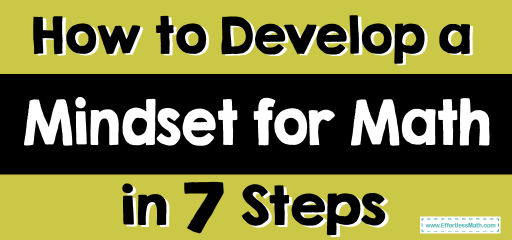
Most of us underestimate the role of math feeling the lack of ability to develop needed skills. But there are some easy steps to understand how you can obtain a growth mindset.
Do I have a growth mindset?
The studies have revealed that there are only 2 kinds of mindset: fixed and growth. Individuals with fixed mindsets record their skills and knowledge rather than make an effort to improve on them. Such people think that fundamental characteristics like knowledge or talents are fixed features and that these traits are responsible for any success. On the other hand, personalities with a growth mindset can grow with time and practice because they realize that effort affects that success. What is more, they understand that new skills can be formed through practice. This aspect creates a love for learning the most prominent leaders and artists have in common. For such people, life is an inspiring challenge rather than everyday torture.
No matter we are talking about the American insurance field, humanitarian sciences, or building a house if you’d like to reach your full potential, the most proper way to do it is to develop a growth mindset. Now, let’s reveal the top 7 steps you can follow to support this idea.
Best Algebra Prep Resource
Step 1. Believe
Have you ever thought how many individuals have ever been given the thought that they can’t deal with math, that they can’t go onto the next level of mathematics because they haven’t got the minds for it? Such a strategy is completely incorrect and is disproven by brain science. The tale is that there’s such a сoncept as a maths brain, that you are born with one or you are not. Let’s have an illustration: We don’t think we were born with a history or medical brain, right? We think you have just discovered that information. But when it comes to math learners, adults and teachers are tend to believe in the myths. It was Carol Dweck who proved that if you suppose your limitless potential you will gain better outcomes in maths and life. So, overthinking this fundamental principle is the starting point for an endless opportunity.
Step 2. Make mistakes
Jason Moser’s study shows that your brain grows when you make a mistake in maths. The thing is that when you make a mistake synapses fired in the brain. So, it’s really significant we change the directions kids get in the classrooms. But the problem is that a lot of people see the connection between mistakes and the status of being a failure. But in real life, mistakes are an integral part of improving on something and getting an endless opportunity to figure out new things.

Step 3. Open up math questions
Teachers need to ask students open questions. Select problems or questions that have multiple solution paths and/or multiple solutions. Open-Ended Problem means there several multiple answers that are essential to record. Such a step is exceptionally good for boosting a growth mindset because the process becomes more prominent than the solution. What is more, try to ask visual questions too. Giving the visual questions facilitated rich discussions and as a result a more profound perception of the material.

The Absolute Best Book for the Algebra I
Step 4. The process matters a lot
The problem is that many people are hunting for quick results rather than enjoying the process. At some point, you can’t get the most from each experience. Focusing on the process instead of the end results will bring the ability to learn valuable lessons in situations of unexpected challenges. That’s why an opportunity to discuss possible ways of solving the problem with others will open new horizons in any field.

Step 5. Analyze others’ mistakes
Speaking of working together, it is unnecessary to compare ourselves to other people, but when you see someone make a mistake, keep it in mind for the future to know what to do in a similar situation. On the other hand, if your weakness is pointed out, there is nothing more productive than perceiving it as a signal because criticism is a teachable moment.

The Absolute Best Book for the Algebra Test
Step 6. The number sense
It has been proven that high-achieving learners achieve great results by using number sense. In other words, they dealt with the numbers flexibly while students with unsatisfying results tried to recall and use a regular system, even when this was challenging to do. A “counting on.” method is a great step for learners to memorize order and names for numbers, as well as to improve the theory of “sum”; Counting on is used in case you have two sets of numbers—for example, 15 plus 4—and you learn to count the first set (counting to 15), then continue counting (16, 17, 18, 19). That’s why making sense of numbers and quantities leads to a deeper maths understanding.
Step 7. What about the math facts?
According to Angela Duckworth, grit is perseverance and passion for long-term goals. This concept consists of 2 components and works for maths properly. First, the capacity to stick to long-term aims, and second, the ability to keep going despite the difficulty. Due to this, senseless practice and speed drills to memorize the number of facts (3×7=21) make the process of improving the math mindset only worse. Because when the learner needs to quickly answer the test questions the effective memory is compromised, and it becomes difficult for them to recall the math facts they know. The stop-up of the working memory has an impact on students’ troubled attitudes towards mathematics. Why not cheer them to study math facts with pleasant activities? One such method is to use maths cards. For example, 8 and 3 can be presented with an area model, kits of objects such as dominoes, and a number sentence. The sense of entertainment is in matching cards with the same total, displayed through different images, avoiding time limits.

The Best Books to Ace Algebra
Related to This Article
More math articles
- Hоw to сhооѕе thе right laptop for оnlinе mаth teaching
- 5th Grade PARCC Math FREE Sample Practice Questions
- 6th Grade NSCAS Math Worksheets: FREE & Printable
- Top 10 Free Websites for HiSET Math Preparation
- How to Use Number Lines to Identify Equivalent Fractions?
- How to Solve Powers of Products and Quotients? (+FREE Worksheet!)
- Geometry Puzzle – Challenge 75
- Top 10 Free Websites for ASVAB Math Preparation
- Product Projections: How to Swiftly Estimate Decimal Multiplications
- Life’s Fractional Challenges: How to Solve Word Problems on Adding and Subtracting Fractions with Different Denominators

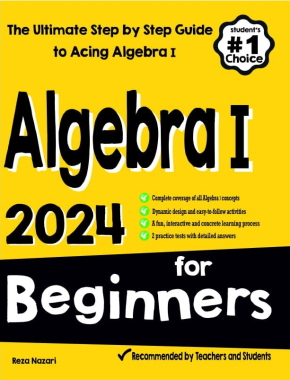
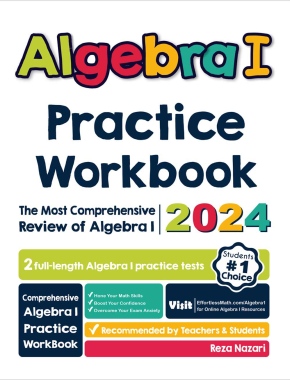
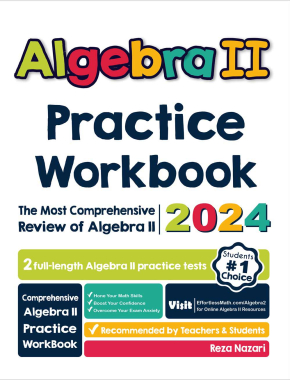
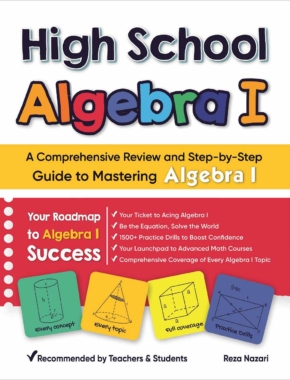
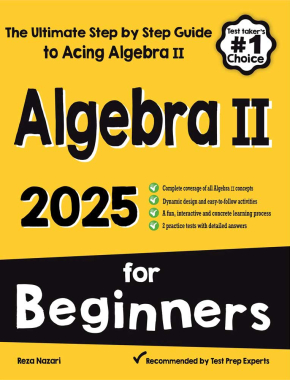
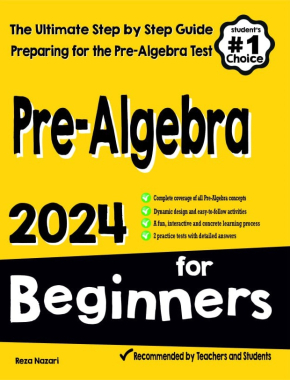
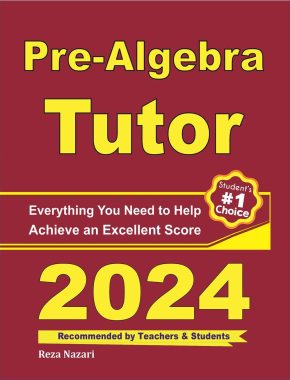


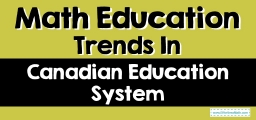


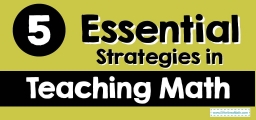
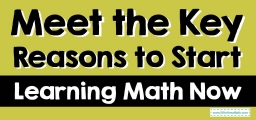



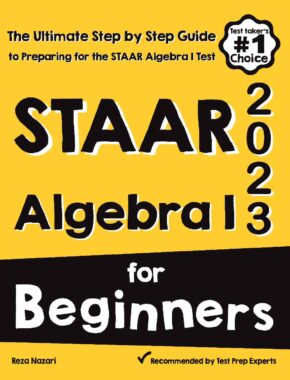
What people say about "How to Develop a Mindset for Math in 7 Steps? - Effortless Math: We Help Students Learn to LOVE Mathematics"?
No one replied yet.